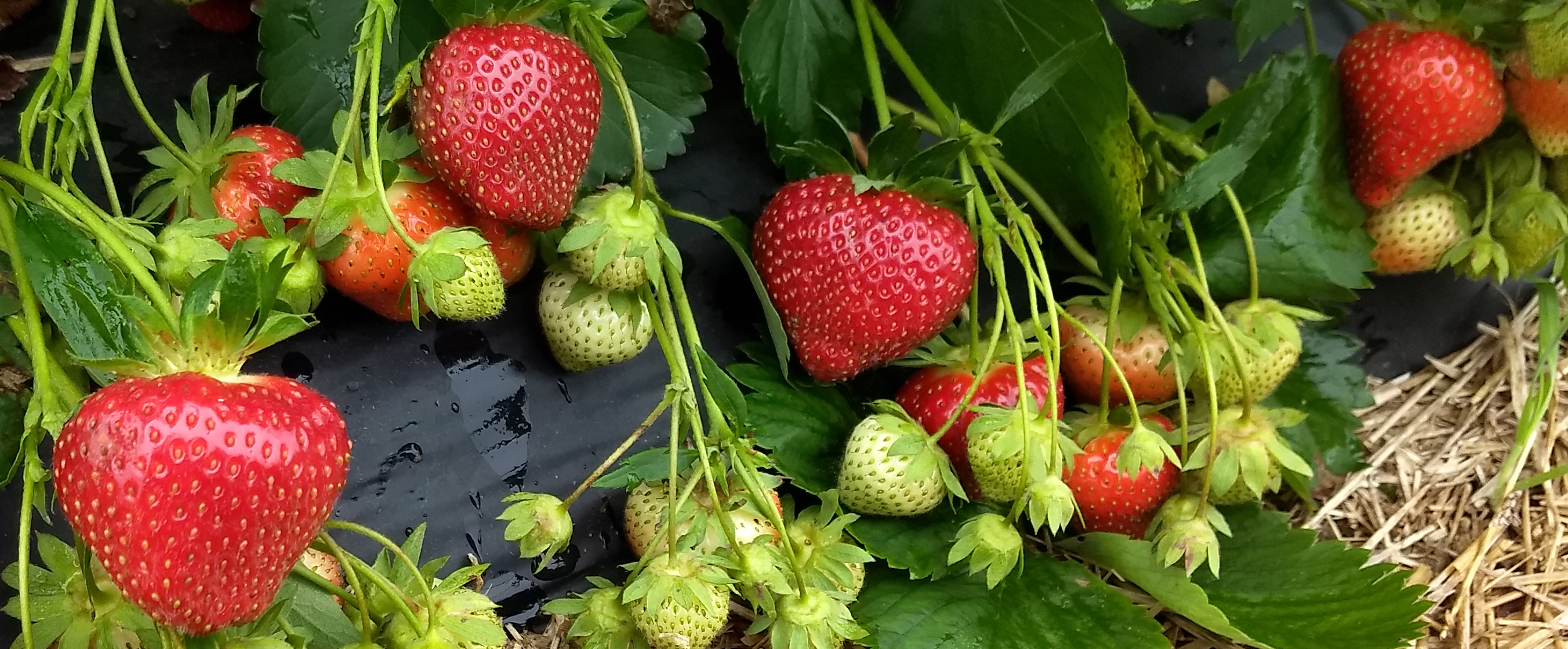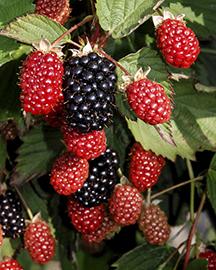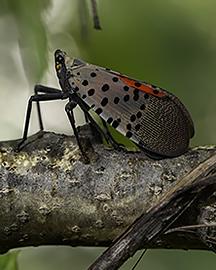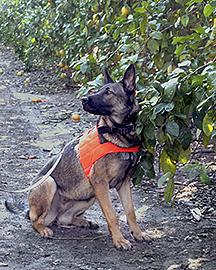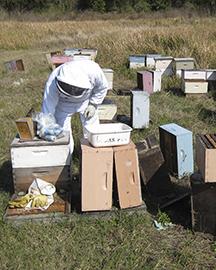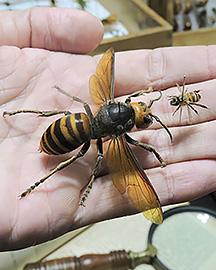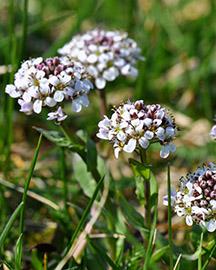Keepsake Strawberry is a Keeper
ARS researchers with the Genetic Improvement of Fruits and Vegetables Laboratory in Beltsville, MD, released and patented ‘Keepsake,’ a new spring-fruiting strawberry cultivar with exceptional storage quality and flavor. Over many decades, ARS has bred and released dozens of strawberry cultivars that can stand up to the challenges growers face, such as diseases, short growing seasons, consumer demand for great flavor, and the rigors of harvest and transport. ‘Keepsake’ has fewer rotted or physiologically degraded fruits both in the field and after refrigerated storage. Sure to please consumers too, ‘Keepsake’s’ good- sized berries are sweet, juicy, and delicious.
Bred to have improved shelf life, ‘Keepsake’ berries hold well in cold storage and are firm enough for handling during harvest and packaging. What’s more, ‘Keepsake’ is resistant to anthracnose fruit rot, one of the most serious fruit rots worldwide. This berry should perform well in the Mid-Atlantic and Northeast regions. ‘Keepsake’ plants were sent to nine U.S. and Canadian nurseries for propagation and licensing for sale. Nursery and grower demand for ‘Keepsake’ already exceeds supply.
Related Information
Article: A New ARS Strawberry is a 'Keepsake'


